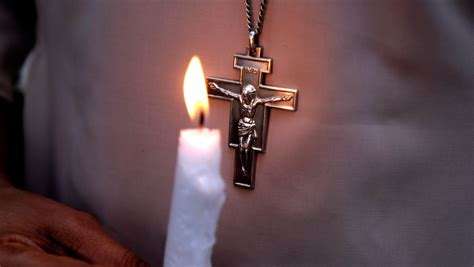In the heart of Lahore, a shocking incident unfolded that highlights the dangerous intersection of religious intolerance and injustice. A Christian boy, Maan Masih, found himself caught in a web of false accusations simply because of his faith. His life, filled with nothing but hope and dreams, turned into a nightmare when he was falsely accused of an act he did not commit.
It all began during the sacred time of 12th Rabi-ul-Awwal, a day commemorating the birth of Prophet Muhammad (PBUH), a moment of great significance for Muslims around the world. Traditionally celebrated with grandeur and deep reverence, it is a day marked by decorations, prayers, and acts of charity. Yet, for Maan Masih, what should have been an ordinary day turned into one of intense persecution.
According to reports, Maan was simply walking down a street when he encountered a group of Muslims decorating the area with banners celebrating the Prophet’s birth. For reasons that remain unclear, a quarrel erupted. Maan, unaware of the tension escalating around him, allegedly tore down some of the banners bearing the Prophet’s name and words of joy in his honor. The banners, which were meant to celebrate the Prophet, were instead the symbols of Maan’s unjust downfall.
In a horrifying twist, the FIR (First Information Report) filed against him claims that Maan deliberately tore the banners, marking the start of a chain of events that would lead to him being wrongfully imprisoned. His family, deeply distraught and confused, stood by him, claiming that Maan’s actions were not malicious but instead were a result of misunderstandings fueled by his Christian identity.
As his legal battle began, the HARDS (Humanitarian Action for Rights and Development Society) team arrived on the scene, bringing with them a glimmer of hope. They met with Maan’s family, listened to their version of events, and immediately recognized the injustice in the accusations. Their findings were clear: this was not a case of religious animosity from Maan, but a deeply troubling instance of religious intolerance being imposed on him simply because he was a Christian.
The story of Maan Masih is a tragic reflection of the harsh realities faced by religious minorities in Pakistan. For a young Christian man to be falsely accused, imprisoned, and left to fight for his dignity and rights is an emotional cry for justice that resonates beyond the borders of Lahore. Maan’s case is more than just an isolated incident; it is a symbol of the broader struggle that many religious minorities face in Pakistan.
In the face of adversity, Maan Masih remains steadfast. Now in police custody, he continues to fight for his innocence, but more importantly, for the protection of his rights. His story is a reminder that justice must transcend religion and that no one should ever be persecuted for their beliefs.
As the days go by, Maan’s fight for justice has garnered attention and support from human rights organizations and advocates. His case is not just about one young man—it is about standing up for the rights of all those who are unfairly targeted because of their faith. In the face of overwhelming injustice, Maan’s bravery has ignited a spark for change, one that seeks to ensure that no one, regardless of their religion, should ever have to endure such suffering again.
Let Maan’s story be a call to action. A reminder that the pursuit of justice and equality is not just the responsibility of the courts but of every one of us. Let us stand together for a world where no one is persecuted for their beliefs, and where the truth triumphs over hatred and fear.
May Maan Masih’s fight inspire all those who seek justice, and may it lead to a future where such incidents are never repeated.
